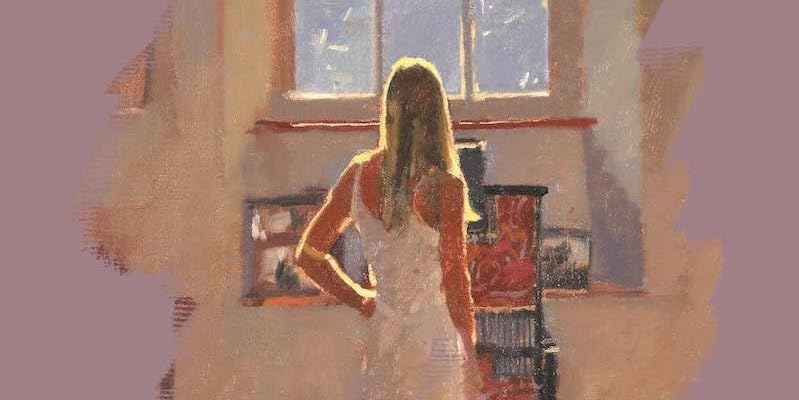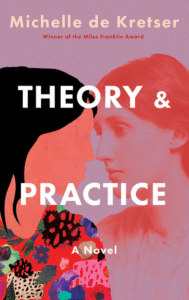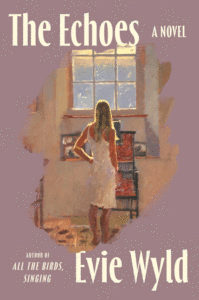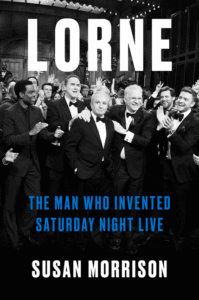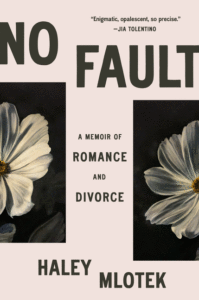Susan Morrison’s Lorne, Eric Puchner’s Dream State, and Rebecca Romney’s Jane Austen’s Bookshelf all feature among the best reviewed books of the week.
Brought to you by Book Marks, Lit Hub’s home for book reviews.
*
1. Theory & Practice by Michelle de Kretser
(Catapult)
7 Rave • 2 Positive
Read an excerpt from Theory & Practice here
“Deftly crafted … The excesses of 1980s academia are ripe fodder for de Kretser’s mordant wit, but her aim here is more ambitious—and the results more rewarding. An Australian novelist of the first rank… de Kretser has long been fascinated by the gap between our ideals and our actions … A taut, enthralling hybrid of fact and fiction impossible to disentangle, situates itself firmly in the mess.”
–Emily Eakin (The New York Times Book Review)
2. The Echoes by Evie Wyld
(Knopf)
7 Rave • 1 Positive • 1 Mixed
Read an excerpt from The Echoes here
“I could have read an entire novel dedicated to Max and Hannah’s quotidian life in London—in its best and most lyrical moments, The Echoes documents the messy, divine business of being alive … Wyld’s sharp story of living doesn’t need traumatic climaxes to make its point. The time to enjoy the love we have is now.”
–Marie-Helene Bertino (The New York Times Book Review)
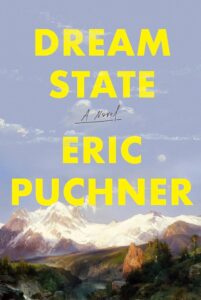
3. Dream State by Eric Puchner
(Doubleday)
6 Rave • 1 Positive
“Riveting … With interwoven perspectives, Puchner’s layered saga is a deeply felt exploration of relationships and self-identity, and the imperfections hidden by the heart’s pull.”
–Leah Strauss (Booklist)
**
1. Lorne: The Man Who Invented Saturday Night Live by Susan Morrison
(Random House)
4 Rave • 3 Positive
“Morrison…has built Michaels the kind of biographical monument usually consecrated to founding fathers, canonical authors and world-historical scientific geniuses. A fair question might be whether the progenitor and supervisor of a long-running sketch-comedy show…merits such treatment … That the answer turns out to be yes is largely a tribute to Morrison’s journalistic chops. Briskly written and solidly sourced, Lorne is in essence a nearly 650-page magazine profile—something I mean almost entirely as praise.”
–A.O. Scott (The New York Times Book Review)
2. No Fault: A Memoir of Romance and Divorce by Haley Mlotek
(Viking)
5 Rave • 1 Positive
“Thoughtful and elegantly equivocal … Devoid of both dogmatism…and heroine-ism…in a way not always true of its predecessors … Reading her book can feel like sitting cross-legged on the floor, surrounded by an unmarshaled welter of artifacts. There is richness here, and exhilaration, if not quite a thesis about what divorce means either in general or to her … Disinclined to give either a firm narrative of Mlotek’s own divorce or a theory of the meaning of contemporary marriage. Firm narratives are precisely what people love to confect and clutch at the end of a marriage, or indeed any relationship … [A] highly intelligent writer.”
–Hermione Hoby (Bookforum)
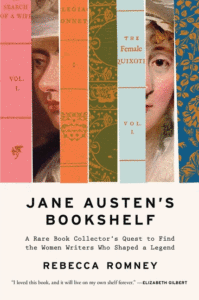
3. Jane Austen’s Bookshelf: A Rare Book Collector’s Quest to Find the Women Writers Who Shaped a Legend by Rebecca Romney
(S&S/MarySue Ricci Books)
5 Rave
Read an excerpt from Jane Austen’s Bookshelf here
“Romney invites readers to join her on a thrilling journey of adventure and self-discovery as she reads these books and delves into the stories of their authors … Romney, who prides herself on being the Sherlock Holmes of the rare-book-dealer set, headed out into the wilderness of literary history, eyes peeled, looking for villains and hidden trails and secrets, slashing through forests of lies, rushing past false turns, gleefully knocking experts off their thrones, figuring out truths, and learning whom to trust … It is a meditation on reading and writing, on honesty and self-discovery—and on what books can teach us, if we let them.”
–Charlotte Gordon (The Washington Post)
